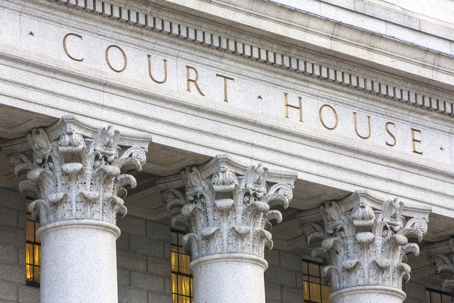A preliminary hearing, sometimes referred to as a probable cause hearing, is a hearing in which a judge determines whether probable cause exists for the crime or crimes that a defendant has been charged with. This only occurs in felony cases after the defendant pleads not guilty at their arraignment hearing.
Preliminary hearings are like mini trials. At the hearing, the court examines the prosecution’s evidence to determine whether it is substantial enough to convince a jury that the defendant committed the crime or crimes which they are being charged with.
In DUI cases, the court will review whether or not the law enforcement officer had probable cause to make the stop (except if the defendant was arrested at a DUI checkpoint). Next, the court will examine whether there was sufficient evidence to believe the defendant was driving under the influence. This evidence may include:
- the smell of alcohol
- bloodshot eyes
- slurred speech
- performance on field sobriety tests
- results from an alcohol breath or blood test
If the judge finds that probable cause in fact exists, the defendant will be held to answer for the charges and the case will proceed to trial, unless a deal is worked out between the prosecution and the defense before the trial date.
The defendant must attend a preliminary hearing. It is possible to waive this hearing and proceed straight to trial, but that is not advisable. The defendant can benefit from a preliminary hearing because it provides the defense a preview of the prosecution’s case and gives the defense an opportunity to see how strong the case is against them.
The post DUI Preliminary Hearing appeared first on Law Offices of Taylor and Taylor - DUI Central.

